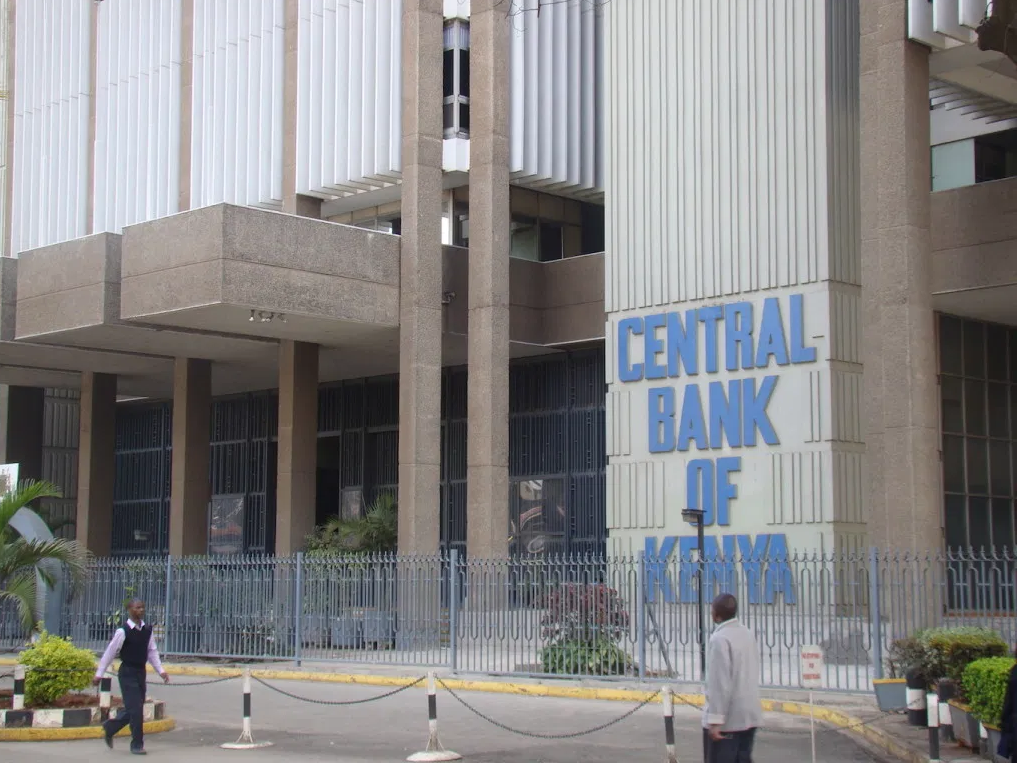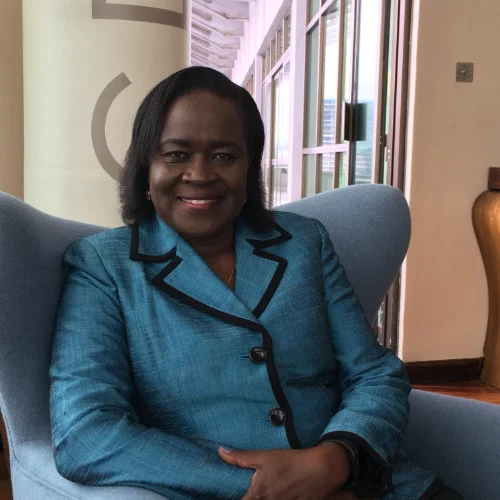[dropcap]R[/dropcap]eports of religious leaders living large have led to fresh calls for regulation of churches with Kangema MP Muturi Kigano revealing last month that he is drafting a Bill on the same. According to Mr Kigano, most churches have been turned into business entities where corruption thrives, adding the proposed law will end the mushrooming of fake churches.
But it is not the first time an attempt is being made to rein in rogue church leaders. About two years ago, then Attorney General Githu Muigai sought to implement regulations on churches and mosques but the proposal fizzled out after being challenged by religious leaders.
At the time, Prof Muigai had defended the proposed regulations he said were partly aimed at weeding out those who want to commercialise churches and stop mosques from being used as breeding grounds for terrorists. In 2014, Muigai had suspended registration of churches and societies following several reports indicting the officials of several religious institutions and societies of orchestrating certain unconscionable activities that left their congregants at a disadvantage.
Such instances included the infamous ‘panda mbegu’ saga by Bishop Kanyari, who implored his followers to ‘plant a seed’ failure to which they would miss on God’s blessing. Within the same period, many cases of increased radicalisation in the regions of Coast, North Eastern and Nairobi continued to be reported.
During a forum on held on March 31, 2015, some factions within the representatives of faith based organisations had objected to certain provisions, which they argued would lead to over-regulation by the government. Key among these were provisions touched on leadership and integrity, as well accountability on resources entrusted to religious organisations by congregants.
But the Registrar of Societies, who currently registers and regulates all societies, including churches under the Societies Act, said even without the regulations, religious organisations are required to submit audited reports, which is a requirement under the section 30 of the Act.
[ Read Also: How Prophet Owuor is preying on his rich followers ]
According to the registrar, annual general meetings issues of deliberation should include rendering a full and true accounts of monies received and paid by the society where such accounts have been audited in accordance with the constitution and rules of the society. Elections of office bearers including committees, trustees and auditors should also be carried out in accordance with the constitution and rules of the society.
But in the MP’s view, the current registration process has been hijacked by unscrupulous people who call themselves men of God, adding such people were opening churches to become rich through collection of tithes. “We even have churches that are made up of three members with the husband being the bishop, wife acting as the pastor or archdeacon and their daughter as the treasurer,” Mr Kigano said. “This cannot be allowed.”
Rogue clerics and pastors
Lawyer Kamotho Waiganjo supports the proposal to regulate religious organisations, saying over time, there have been legitimate concerns that current regulation of churches under the Societies Act was insufficient as the latter is such a basic regime, intended to deal with routine social institutions, not the wealthy, powerful and complex organs that many churches have become.
“Proposals for regulation have been based on rampant abuse of the public through rogue clerics and pastors. The litany of complaints against churches is not new,” Waiganjo recently wrote in a local newspaper.
There are instances of the gospel being adjusted to meet selfish ends and many trusting congregants being led astray by their beloved Bishops.
He said while the bulk of them are well-intentioned institutions that give needed spiritual nourishment to their congregants and engage in worthy social causes, Kigano is generally right. According to Waiganjo, who sat in the Commission for Implementation of the Constitution (CIC), there are many clerics who have abused people’s faith and trust in God and the Bible to advance essentially personal interests.
“There is sufficient anecdotal evidence of instances where people sold all their property believing they were giving to God, only for their hard-earned wealth to pass on to their beloved Pastor. There are instances of the gospel being adjusted to meet selfish ends and many trusting congregants being led astray by their beloved Bishops. In some churches, there are no structures of accountability and the Pastor’s word, however unreasonable, is law,” he said.
[ See Also: Kenyan men and women love sex toys – and this is why ]
“Many church leaders have huge incomes, yet do not report on the same, even to facilitate “rendering unto Caesar”. Many assume the exemption from tax payments granted to their churches extends to them. Each time some of these excesses have come into public domain, there has been pressure on government to regulate, but the campaign dies off as quickly as it had arisen. Part of the reason for the sudden death is the strong lobby by the churches against some of the proposals for regulation that are bandied around,” Waiganjo added.
Recently, when Royal Media Services Strategy and Innovation Director Linus Kaikai suggested the regulation of the church saga in the wake of reports ‘Prophet’ Owuor was living off a retired lawyer’s fortune, he was quickly censured by evangelical church leaders, an indication the bid by Kigano will certainly meet fierce resistance.
[ Don’t Miss: Get these 7 things right and you can pass any job interview ]













2 Comments